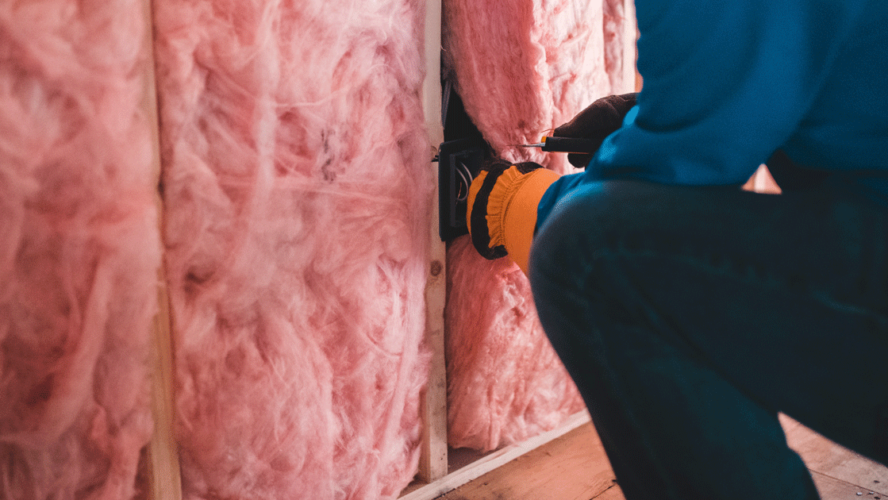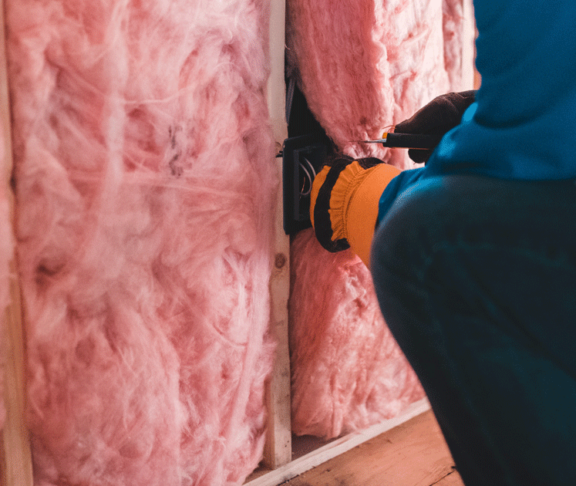
Marion Jammet
Head of Policy and Advocacy, Irish Green Building Council (IGBC)
and member of Healthy Homes Ireland’s steering group
Awareness of the impact of nutrition on health has increased; but as we spend more than 90% of our time indoors, we should not forget that where we live (and work) can affect our health, too.
More than 5,000 homes must be retrofitted every month until 2030 to reach our climate targets. While the challenges associated with renovating over seven homes per hour have been highlighted, the national retrofit programme also presents an opportunity to improve our health and wellbeing.
Indoor and building factors affecting health
Studies from the UK, Spain and France, show that significant savings can be made on public health spending by investing in housing improvements. In Ireland, a quarter of the population is exposed to an indoor climate hazard, such as dampness or excess cold.
Living in a home that is too cold in the winter is the most damaging building deficiency from a health perspective. Good indoor air — free of pollutants and mould spores — and access to natural daylight are important, too.
Insulation and heating upgrades are crucial in mitigating health issues such as cold and heat-related stress, allergies and respiratory conditions. However, these measures must not inadvertently lock in toxins and dampness.
A greater focus on energy renovation,
ventilation and healthy materials is needed.
Build tight, ventilate right
While the sources of air pollutants — including the ones associated with building fabrics and furnishing — must be reduced, energy efficiency upgrades must be introduced alongside a proper ventilation strategy. This requires improving the indoor environmental quality skills of building professionals and construction workers entering the industry — and incentivising upskilling in this field. A greater focus on energy renovation, ventilation and healthy materials is needed.
Educating occupants on home retrofitting
Occupants must also know how to operate the heating and ventilation systems. A public awareness campaign on the impact of housing on health and how to run an energy-efficient, healthy home would be important, as well as a focus on post-retrofit handovers.
High-quality energy renovations are not only good for the planet but they can also have immediate, positive impacts on our health and wellbeing. It’s time to look at energy renovation as a national health improvement programme.

